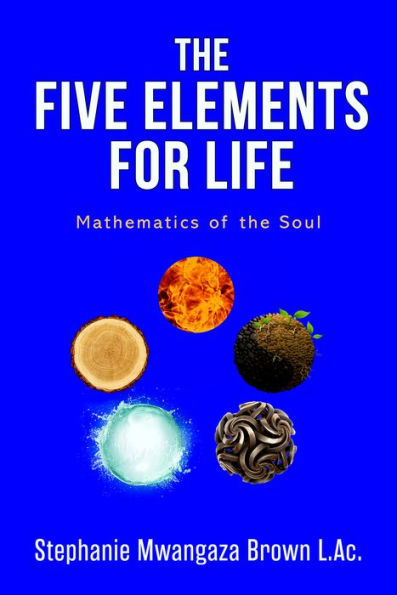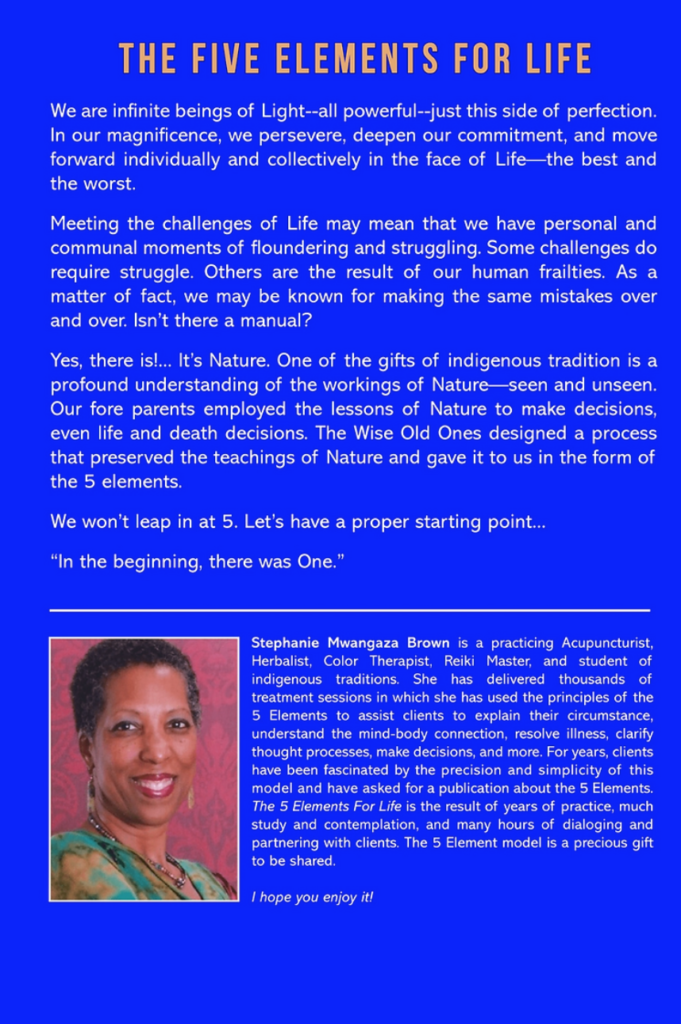Trauma Training Tip
It’s Spring here in the Northern hemisphere. The season of the Wood Element and the Sympathetic Nervous System. There’s a yang aspect to the Wood – aggressive, protective, and when it lacks a relational brake – violent and rageful and without social intelligence.
Polygon data is generated by Database Center for Life Science (DBCLS), Public domain, via Wikimedia Commons
There’s also a yin aspect to the Wood. The Liver Blood is moist and juicy. It helps keep our tendons and ligaments pliable and soft. It gives us a place for our mind to rest when it is time for sleep – and allows for peaceful sleep. It supports a woman’s menses to be full and vital and smooth. It fills us in a way that allows us to take up space with our voice and our presence when in a group.
The Chinese medical classics teach that our blood travels throughout our body through the day, nourishing muscles, tendons, and ligaments – supporting them to flexibly and appropriately fight or flee if needed. At night, the blood comes to the Liver to be “restored.”
When we experience “too much, too fast, without adequate support,” the message of alarm is sent from the Heart via the blood. Every drop of blood carries the message of arousal to every organ, every cell.
In trauma survivors, the amount of arousal in the blood can be overwhelming – especially if the Liver is already challenged by illness or injury – or if the blood is deficient due to poor nutrition or compromised capacity to assimilate nutrients. They may need some support to help their Liver “restore” regulation in the blood.
Some signs of Liver Blood deficiency are:
- Waking in the night between 11 p.m. and 3 a.m. – the time of the Wood Element
- Sleep walking – the Liver blood needs to be generous to give the mind a place to rest in the night. The Spirit of the Liver, called the Hun, may go walking if it can’t rest deeply in the blood
- A survivor may have trouble taking up their own space in a crowd, or finding their “no” when they need it – they lack capacity to protect and defend themselves
- Scanty menses or amenorrhea
- Feeling emotionally brittle
- Dry eyes (eyes are the sense organ of the Liver)

You can support their Liver Blood with some touch attention on the Liver. It is a large organ, found just under the right ribcage. Rest your hand gently. Let your palm’s eyes “see” deeply beneath the skin surface. At first it may feel quite dry. Look for it to become juicier, “squishy,” and to take up more space. Help them embody any interoceptive awareness that comes with questions like: “As you notice your Liver softening or moistening, what do you notice in the rest of you?”
You will be helping their whole system return to the Liver’s natural state of benevolence. Nothing better than that!
Alaine’s Two Cents
Rabbi Kushner is most well known for having written When Bad Things Happen to Good People. His prayer for peace spoke to me; you?
Prayer for Peace
Let the rain come and wash away
the ancient grudges, the bitter hatreds
held and nurtured over generations.
Let the rain wash away the memory
of the hurt, the neglect.
Then let the sun come out and
fill the sky with rainbows.
Let the warmth of the sun heal us
wherever we are broken.
Let it burn away the fog so that
we can see each other clearly.
So that we can see beyond labels,
beyond accents, gender or skin color.
Let the warmth and brightness
of the sun melt our selfishness.
So that we can share the joys and
feel the sorrows of our neighbors.
And let the light of the sun
be so strong that we will see all
people as our neighbors.
Let the earth, nourished by rain,
bring forth flowers
to surround us with beauty.
And let the mountains teach our hearts
to reach upward to heaven.
Amen.
Check This Out!
I have two offerings to share this month!
Tao of Trauma student Stephanie Mwangaza Brown has provided us with a rich and soulful book.


Here’s what she says about Five Elements of Life: Mathematics of the Soul:
This book presents the fundamental principles that rule our world using numbers 1 through 4. These principles are universal, replicated in every facet of life, and further defined in the five elements. The guidance of the Five Elements empowers us to break free from the negative cycles in life. The Elements give us a newfound understanding of our emotions and our patterns. By making changes and adjustments to ourselves, we heal and find balance, leading to a more positive and joyful life experience.
The guidance of the Five Elements empowers us to break free from the negative cycles in life. The Elements give us a newfound understanding of our emotions and our patterns. By making changes and adjustments to ourselves, we heal and find balance, leading to a more positive and joyful life experience.
Buy your copy here.

Tao of Trauma student Tracey Post has created The Princeton Foundation for Elevating Equality (PFEE).
This non-profit is organized exclusively for charitable purposes to remove barriers and advocate for access and equity in mental health for people whose access to quality mental health services is limited; specifically people from the BIPOC, LGBTQI, and other underserved communities. PFEE funds therapy, provides education, offers advocacy, and renders ancillary services.
PFEE provides direct funding to individuals to access culturally competent mental health services, provides case management, provides grassroots advocacy for marginalized populations, provides continuing education and funding to serve marginalized populations in healthcare settings, and increase representation of professionals with lived experience as members of marginalized communities.
All contributions go towards helping clients obtain the compassionate and culturally competent care they deserve.
I’ve made my contribution – and I invite you to join me in supporting this important work. Click HERE to make a donation today.
To learn more about the work of PFEE, click here.
Clinical Curiosity
Where is your clinical curiosity carrying you?
Send me a question or two and I will explore them with readers in this corner next month.
Q: My patient is in her late 60’s. She’s very indecisive. She almost disappears in a crowd and never can say what she thinks or what she wants. She suffers from very painful migraines where her head feels empty. She loves to have her head firmly massaged when she has a headache. I’m not aware of any traumatic experiences – but wonder if you have thoughts about how to help her.
A: So glad she has you! Her symptoms are pretty classic ones of deficiency of liver blood. Her migraines are the “deficiency” type – if they were the excess type, she wouldn’t want anyone to touch her head.
Holding her liver and inviting her interoceptive awareness would be a great place to start. She may find that it starts to feel “balloon-ish” or squishy. As her liver fills in, she may find herself filling in as well.
Blood is the connection between our conscious and our unconscious mind. It’s critically important for our emotional health, our memory and cognition. Her life will be more full and flow more smoothly with more blood to fill it in with. She will feel more substantial, and more able to take up space and assert desires she has for her future.
From a dietary point of view, you might ask if she eats beef or lamb. Cooking up some bone broth and turning it into soup, or just a delicious drink, would be good for her as well.
We don’t always know the “story” behind our patients’ symptoms. Keep your eyes and ears open for information that may emerge as she cultivates more blood and thus more consciousness.

